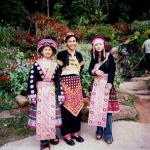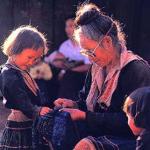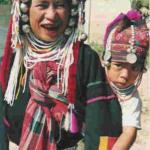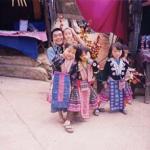Hilltribes of Northern Thailand
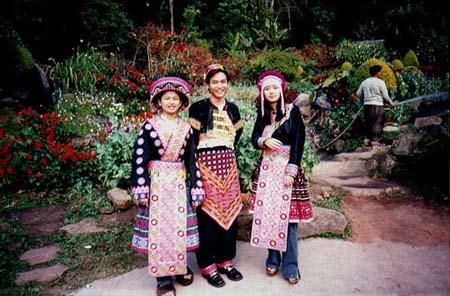
Northern Thailand is lush hill country. Chiang Mai, the largest city in the north, is the perfect base for exploring the northern hills. The nearby hills are home to six distinct hilltribes. The Akha, Karen, Lisu, Yao, Hmong and Lahu each have their own language and culture. These 540000 tribal people lead remote lives and are often considered outsiders among the Thai. Many of the villages have limited electricity and no indoor plumbing; homes are made of bamboo and thatched roofs. Most tribesmen depend on farming for their livelihood, and villages migrate between the steep hills of China, Thailand, Burma, Laos and Vietnam whenever the soil at their present location is depleted.
Image © 2002 HW
A story told with photos.
 ThingsAsian
ThingsAsian